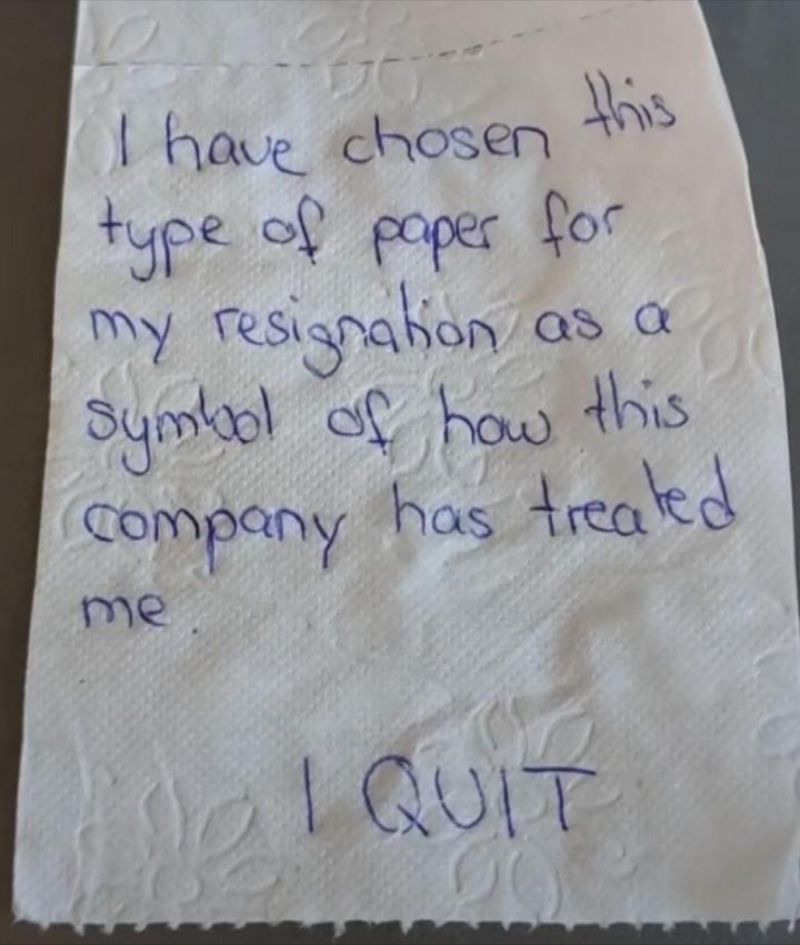
(For the record, image above is NOT the recommended answer to the post title. 😂)
I once gave an informal talk to a group of junior colleagues about my personal career path. They asked if I had any regrets. My answer was no, but there is one thing I did that I would have done differently if I could do it again.
When I was teaching high school, I was also an assistant coach for two of the school’s teams. The head coach I worked with had been there for a very long time, and he controlled the program. In other words, I didn’t do much coaching. I was frustrated by my lack of autonomy, but I went along to get along. Two years in, I was impacted by the personal issues of the head coach. His soon-to-be-ex-wife told him she didn’t like him working so closely with a young woman, so she demanded that he not hire me for the summer camp he ran (that all of the other coaches would be working). He told me this in a very awkward conversation after practice one day and just like that – I lost some of my summer income.
Fast forward to my last year teaching. I had an opportunity to do some consulting work for a start-up company my friend introduced me to. If I took on the consulting work, I would have to give up coaching and tutoring to make time for the work. So I decided to leave my coaching position.
Here’s where I wish I had done things differently. I had a conversation with the head coach; told him about the consulting work and that I wouldn’t have time for coaching. He was completely understanding and supportive of my decision to step down. I then had to write a formal letter to the Athletic Director.
I was mad. I was mad about how I had been devalued as a coach. I was mad about being asked to not work because of somebody’s marital issues. So I decided to put it all in my resignation letter to the Athletic Director. At the moment, I wanted to make a statement about how this head coach treated his colleagues.
Well, it backfired. The AD sloppily left my resignation letter on his desk. The head coach and the AD were close, so the head coach went into his office and saw the letter – and of course read it. After three years of working together, he (no exaggeration) never spoke to me again. We were teachers in the same building for an entire year, and he walked past me as if I didn’t exist. It was incredibly childish and wildly uncomfortable.
The AD never spoke to me about any of the concerns I raised in the letter – the only conversation we had was when I approached him about why the head coach was behaving this way and he admitted he had seen the letter and gave a half-hearted apology.
I ended up having to endure a full year of awkwardness and anxiety at my place of employment. And frankly, it could have been avoided. Was all that I put in the letter true? Yes. Was the way I was treated as a coach wrong? Yes. BUT… I wish I had asked myself before I wrote the letter if I really thought it would make any difference.
It’s hard for me to say that I wish I hadn’t said what I said. Because what I said was the truth, and his reaction is not my responsibility. But I learned a lesson in that moment, which is that you have to weigh the potential benefit of speaking the truth with the potential downside. If I really thought about it and stepped outside of my anger, I would have realized that my letter would not have any positive impact on the culture of that staff. And it didn’t – that coach and that AD went on for 20 more years together. Ironically, I met a young woman last summer who had my old job and confirmed that the coach was still treating his colleagues unprofessionally.
Your truth vs. your public truth
When you are leaving a job, sometimes it’s for completely personal reasons that are not at all related to the job – maybe you are relocating or are experiencing some other life event that isn’t compatible with this particular job.. Sometimes you leave because the job is not serving you well. And more times than not, it is a combination of both. When you choose to leave, you have to decide what your public truth is going to be. And it’s a careful calculation that involves:
- The impact on you
- The impact the organization
- The impact on your current colleagues or future employees of the organization
Sometimes telling the whole truth and giving direct feedback on your way out is the right choice. And sometimes it is not. I’m not suggesting that you make up a reason for leaving, and I’m certainly not suggesting we bury toxic behavior as a rule. But I am suggesting that you have a decision to make when you leave – and that decision is yours.
0 Comments